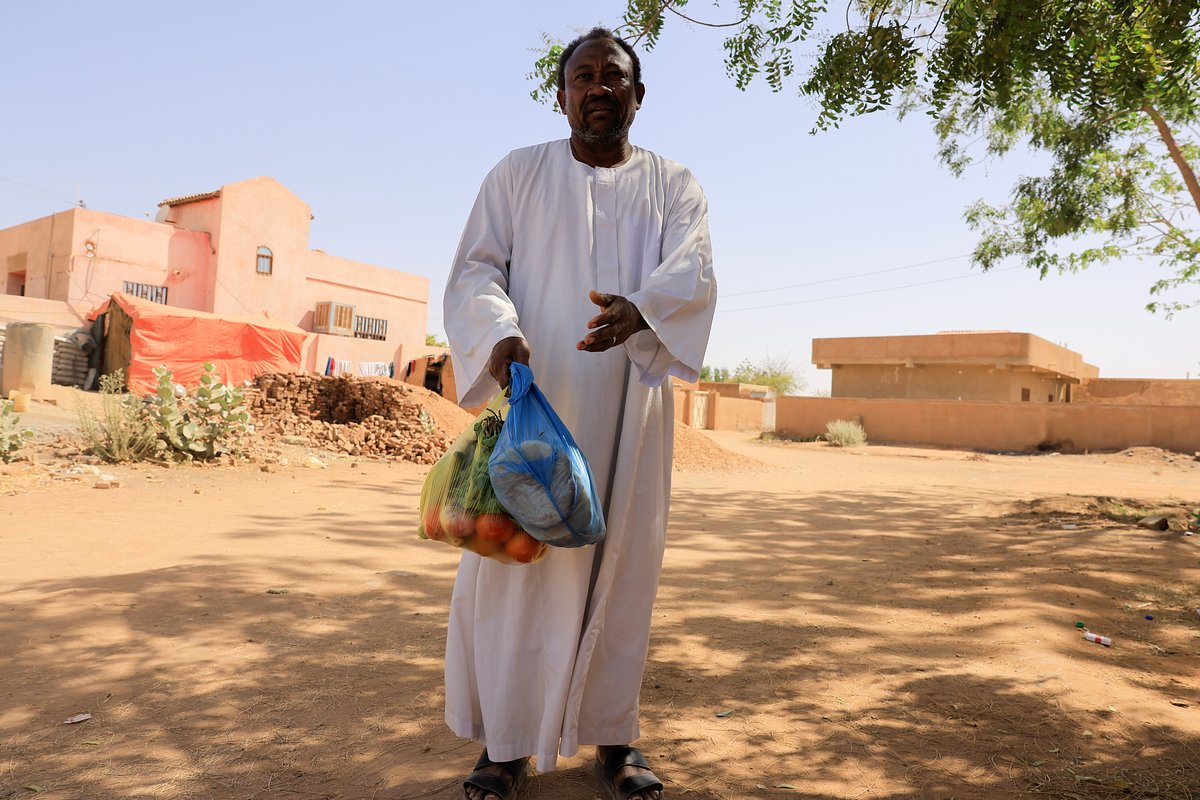RBC: companies from the Russian Federation have limited access to the UN food program
Russian companies have faced restrictions in access to tenders for the supply of food to the UN World Food Program (WFP). We are talking about a program within which the purchase of products was carried out, subsequently transferred as humanitarian aid to starving countries.
In recent months, under various pretexts, access to Russian food has been severely limited by the UN WFP, which, given the budget deficit of this organization, can lead to an actual decrease in the ability to combat hunger on the planet
Russian companies have encountered problems this year. In particular, flour millers, who previously supplied large quantities of wheat flour to exporters, suffered due to the restrictions. The head of the humanitarian support department of Abakan Air, the largest supplier of runway from Russia, Dmitry Sukhov, said that Russian food is not allowed in principle, and this has already become the norm. He also explained that it is mandatory to indicate the origin of the goods in the tender application.
Photo: Mohamed Zakaria / Reuters
Restrictions on suppliers from Russia will worsen the situation in the fight against hunger
Russia has been the provider of the program, which helps supply food to starving countries, for the past 20 years, since 2002. Food from Russia – flour, sunflower oil, peas – accounted for up to 20 percent of all external supplies of WFP. This is due to the fact that Russian products were 10-15 percent cheaper compared to products from other suppliers. In turn, this made it possible to supply humanitarian aid to a large number of people in need.
The main consumers of Russian food through the UN World Food Program were Syria, Sudan, Afghanistan, Palestine and the countries of Central Asia.
Deputy Permanent Representative of Russia at the WFP Dilyara Ravilova-Borovik noted that Russian products were of high quality, and suppliers offered competitive prices within the framework of the tender. She noted that the positions of Russian companies are stable in traditional product groups – flour, vegetable oil and peas. According to her, a basic set of products is supplied to starving countries, which allows people to survive in conditions of need.

Photo: Mohamed Nureldin Abdallah/Reuters
Full-scale famine begins in the Gaza Strip
Meanwhile, in the Gaza Strip, which is de jure one of the two parts of Palestine – one of the main consumers of Russian food through the UN World Food Program – the hunger situation is worsening amid the ongoing conflict with Israel. The beginning of a full-scale famine in the Gaza Strip was announced in early May by the head of the UN World Food Program, Cindy McCain. According to her information, famine has already been detected in the north, and in the south of the Gaza Strip the situation has also begun to worsen.
At the end of 2023, according to the UN, half of the residents of the Gaza Strip were already suffering from severe hunger. Thus, 50 percent of the population of the enclave at that time was in a state of extreme or severe hunger, while the majority were malnourished. At the same time, 90 percent of Gazans regularly went without food during the day. The population of the Gaza Strip is 2.2 million.
Related materials:
According to the head of European diplomacy, Josep Borrell, as of March 2024, about 500 thousand Gazans are on the verge of famine, and “the population is fighting for its survival.” He accused Israel of using famine as a method of introducing war and said that the UN was looking for opportunities to deliver humanitarian aid to the Gaza Strip. The organization is considering deliveries by sea and air, since the land route is blocked by artificial means.
#Russia #restricted #World #Food #Programme #restrictions #talking #consequences #fight #hunger